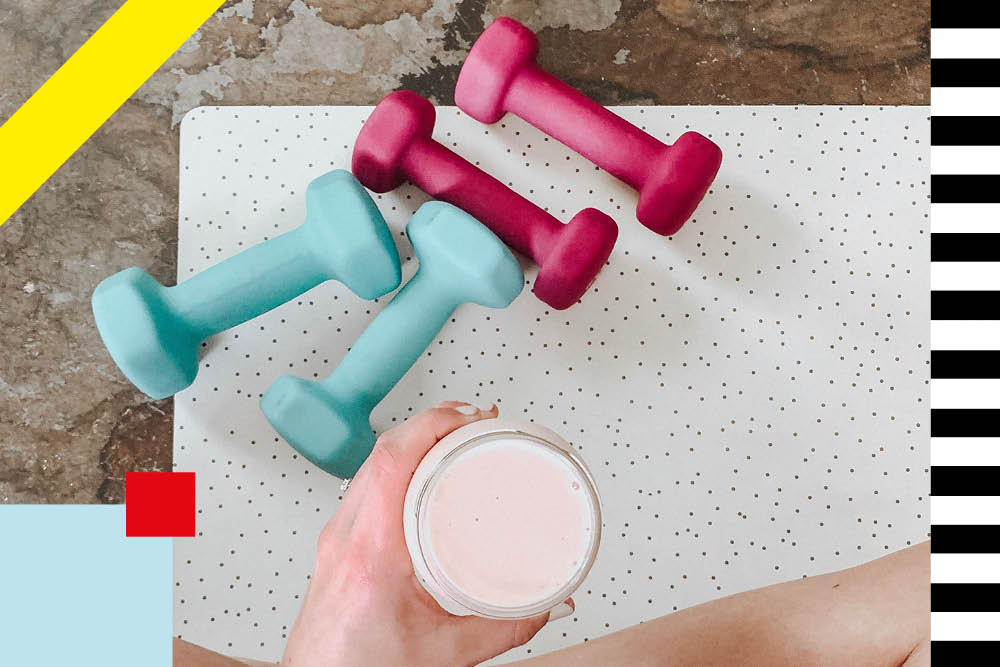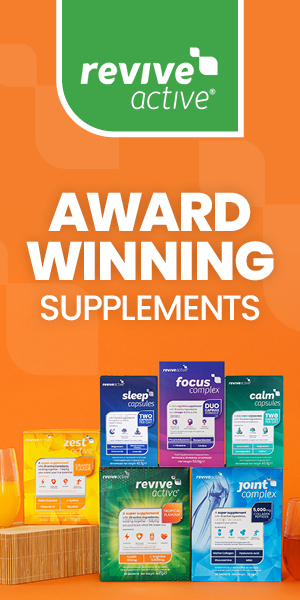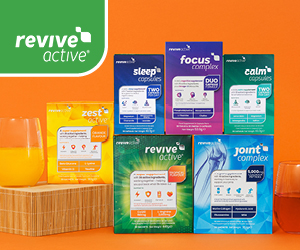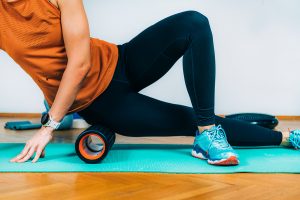Foods you should be eating pre-workout
Give your workout a boost with the right nutrition

Depending on what your workout goals are and what time of day you enjoy working out, you might be entering your workout in a fasted state (without having had food for 3+ hours).
Working out fasted can have some minor benefits in increasing the effects of a workout but these are offset if you lack the energy to train effectively or if your workout feels like a punishment.
It is important that you find the time of day that suits you best for a workout and a routine that helps you to enjoy your exercise as much as possible. For some people, that is getting up at 5am to train, for others, it is doing a 20-minute HITT class at lunch and for some, it’s a longer session after work or lots of walking during the week and bigger workouts at weekends.
If you feel good to train fasted, you might find that a small amount of caffeine, about half an hour before, helps to improve your performance and get more from your workout. This might be a shot of espresso or an electrolyte tablet that contains caffeine. Make sure you combine this with plenty of water, especially if you’re working out first thing in the morning.
If you’re working out within an hour or two of your last meal, you don’t necessarily need any additional fuel for your workout. Just make sure you’re well-hydrated and have a snack ready for afterwards so that you’re not starving when you need to make a decision about what to eat next.
If you’ve got an hour or so until your workout and you’re starting to feel your energy levels dipping, having a pre-workout snack is a good idea. You are likely to feel best if you have something with some carbohydrates for immediate energy and some protein to aid muscle recovery after your workout.
Choosing a snack such as a slice of toast and nut butter or cheese spread, a yogurt with fruit, a banana or a small flapjack or oat bar should give you the energy you need without causing digestive problems.
Foods which are high in fibre can take longer to digest and that can cause discomfort and bloating for some people. This is because, during digestion, we need good blood flow to the stomach and bowel and during a workout, blood is diverted to muscles. Lower fibre foods are digested more rapidly which is generally better tolerated.
If you are running from the office to your workout and you need to go straight in, liquid energy can be helpful. 1/4 of a pint of skimmed milk gives a great balance of carbohydrates and protein and milk provides the perfect amino acid profile for muscle building. A smoothie or a protein drink are also options for when you’re on the run.
It is important to have flexibility in your thinking around when you exercise and the fuel you use for your workout. Your body will feel different and perform differently at different times of the month and year and at the end of a busy week when compared to the weekend.
Depending on how you feel, you may need more snacks or fuel to make your workout enjoyable and productive on some days and on others, you may find that you don’t feel like you need so much fuel. You may find that you can work out at 5am on Monday and Tuesday but by Wednesday it feels like torture. This is all perfectly normal and it is important that we learn to tune into our body and exercise in ways that feel positive for us both physically and mentally. It is equally important that we fuel ourselves according to what our body needs on that day and feel able to adjust our intake according to our variable needs.
Sophie Medlin is a consultant dietitian in London with expertise in gastrointestinal and colorectal health.











